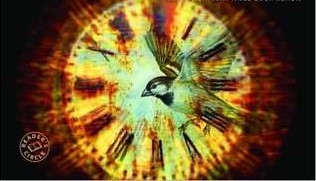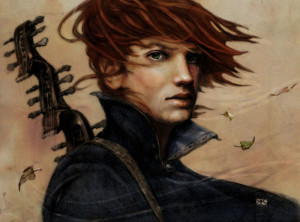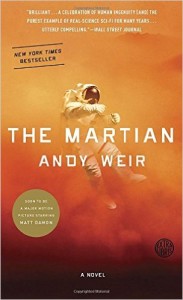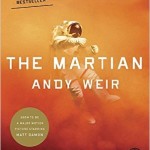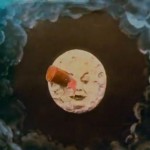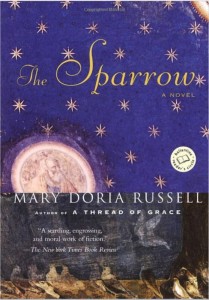
Publish Date: 1996
Author: Mary Doria Russell
I stumbled upon this book while reading an interview with female astronaut Mae Jemison with i09 magazine.
io9: How does science fiction help us imagine the future?
Mae Jemison: I think science fiction helps us think about possibilities, to speculate — it helps us look at our society from a different perspective. It lets us look at our mores, using science as the backdrop, as the gamechanger. With Star Trek, for example, obviously these stories influence and inform us, but sometimes you say, “Come hell or high water, that’s not going to happen.” Influence doesn’t mean you’re taking it on board necessarily.
One interesting work of science fiction is Mary Doria Russell’s The Sparrow. That brings a kind of cultural anthropology perspective to our encounters [with aliens]
For what it lacks in hard science, “The Sparrow” delivers twice over in character. Mary Doria Russell creates a fictional world rich with meaning. Even after I had closed its cover, this book lingered with me for days. Still, I can recall the twists and turns, the heartache and bittersweet triumph. Those who love a good story will love “The Sparrow.”
Mary Doria Russel does a brilliant job of building complex worlds (both human and alien), and she breathes life into her fiction by creating characters with distinct voices, talents and desires. Unlike so many other stories, “The Sparrow” does not presume the human perspective as the sole window to understanding. Instead, the book explores two drastically different civilizations, both of which are strange and foreign to the other.
With anthropological grace, Mary Doria Russel paints the picture of a very finely-tuned alien civilization, one that has evolved with little upset for thousands of years. In such a self-contained world, introducing something new–even something as small as a grain of coffee–can have profound consequences.
Admittedly, this is not a work of hard science fiction. Its space travel reveals only threads of real speculative substance, The main character is a Catholic priest, and the end revelation of the book is spiritual in nature. If you take a chance to suspend disbelief for this book, I think you’ll be pleasantly surprised.

